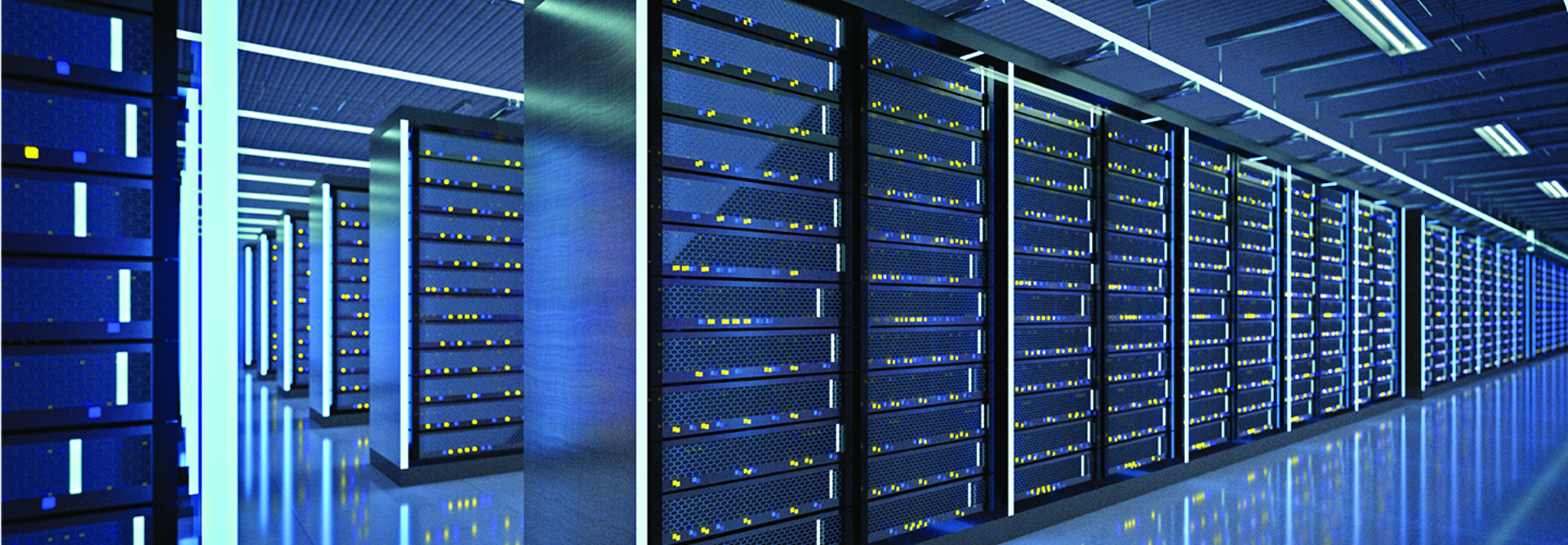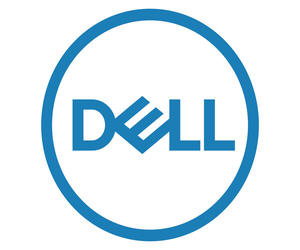Robust and reliable data storage is now table stakes for enterprises. Whether it’s onsite, in the cloud or some combination of those, storage is an essential infrastructure asset. But businesses have typically lacked the impetus to seek out cutting-edge storage solutions the way they have with other technology categories. After all, the best storage solutions are simply those that work.
However, according to Erik Vliet, national account manager for Dell’s primary storage portfolio, the pandemic has brought the need for storage evolution into focus. “The big struggles we see are the continuation of work from home, the increase of virtual access, and supporting virtual desktop infrastructure at scale,” says Vliet. “A lot more people are now working from home, logging in remotely and accessing corporate applications. These apps now have to perform anytime, anywhere.”
The result is a shift in the storage status quo. Here’s a look at how business needs for storage are evolving and the features that organizations are increasingly looking for when it comes to managing data.
Exploring the Shake-Up in Data Storage
Storage is changing. As noted by CRN, companies are now more concerned with the value they can derive from their data than where and how the data is stored. While location, operation and security still matter, the driving force behind storage investments assumes these are part of the equation with any modern solution.
DISCOVER: Explore more data center solutions with Dell.
For data to drive business value, it must be accessible on demand. Vliet points to three factors driving the shift to new storage solutions:
- Legacy limitations: “Existing solutions may not be cutting it,” he says, “or companies may be looking for additional features their current storage solution doesn’t have.”
- The need for insight: Vliet also notes that businesses are looking to better use their data center resources. “They want actionable insight to drive everything from cost modeling to making informed business decisions.”
- New workflows: Many companies want to make better use of new workflows such as DevOps, or services such as VDI. Recent survey data found that 51 percent of companies are investing more in VDI to keep pace with hybrid work expectations. As a result, they’re looking for technology providers “that offer solutions capable of integrating into new or existing workflows,” Vliet says.
Evaluating the Potential of Dell PowerStore
Dell offers two PowerStore lineups: T and X. Vliet notes that both T and X frameworks offer both capital and operational expensing options to meet enterprise storage needs, whether they’re on-premises, in the cloud or somewhere in between. Depending on company needs, both CAPEX AND OPEX models also offer multiple storage capacities (from 1 to 9 petabytes), along with the ability to “pay by the drip” for storage. Companies can scale up high-performance storage as needed and then bring it back down to control costs.
The PowerStore T line is designed as a best-of-breed version of a traditional storage device, including machine learning, always-on data reduction, and “six nines” of availability (meaning near-perfect uptime of 99.9999 percent).
The PowerStore X line, meanwhile, has a VMware hypervisor living in the device itself. This makes it possible to run applications directly on PowerStore using Dell’s AppsOn service. “Because the majority of the market is standardized on VMware,” says Vliet, “this lets companies save money and deploy something like a hyperconverged appliance.”
Click the banner below to unlock premium data center content when you become an Insider.
He puts it simply: “We developed PowerStore to have the resources to let customers use all the features at the same time. Our always-on data reduction and built-in machine learning also let them bring existing workflows and DevOps initiatives into the array.”
Expand Operational Impact With Flexible Upgrades
Dell makes it easy for customers to upgrade their equipment with their PowerStore purchase. “Our anytime upgrade program is the most flexible on the market,” says Vliet. “If companies purchase PowerStore but a year down the line they see a new model or want to step up, we offer that upgrade in the initial service package at no extra charge.”
The company is also scaling down to meet the business requirements of smaller organizations. Whereas the smallest PowerStore device was once 1PB, “we found that while smaller companies loved PowerStore performance, they didn’t need that much storage,” says Vliet. “The PowerStore 500T is an all-flash solution that lets us bring this performance at a lower price point.”
Vliet makes a clear case for PowerStore as a shift in the status quo. “It’s a uniquely adaptable platform that extends current investments and their advantages, while providing companies the simplicity and flexibility they need to help them keep up with changing environments.”













